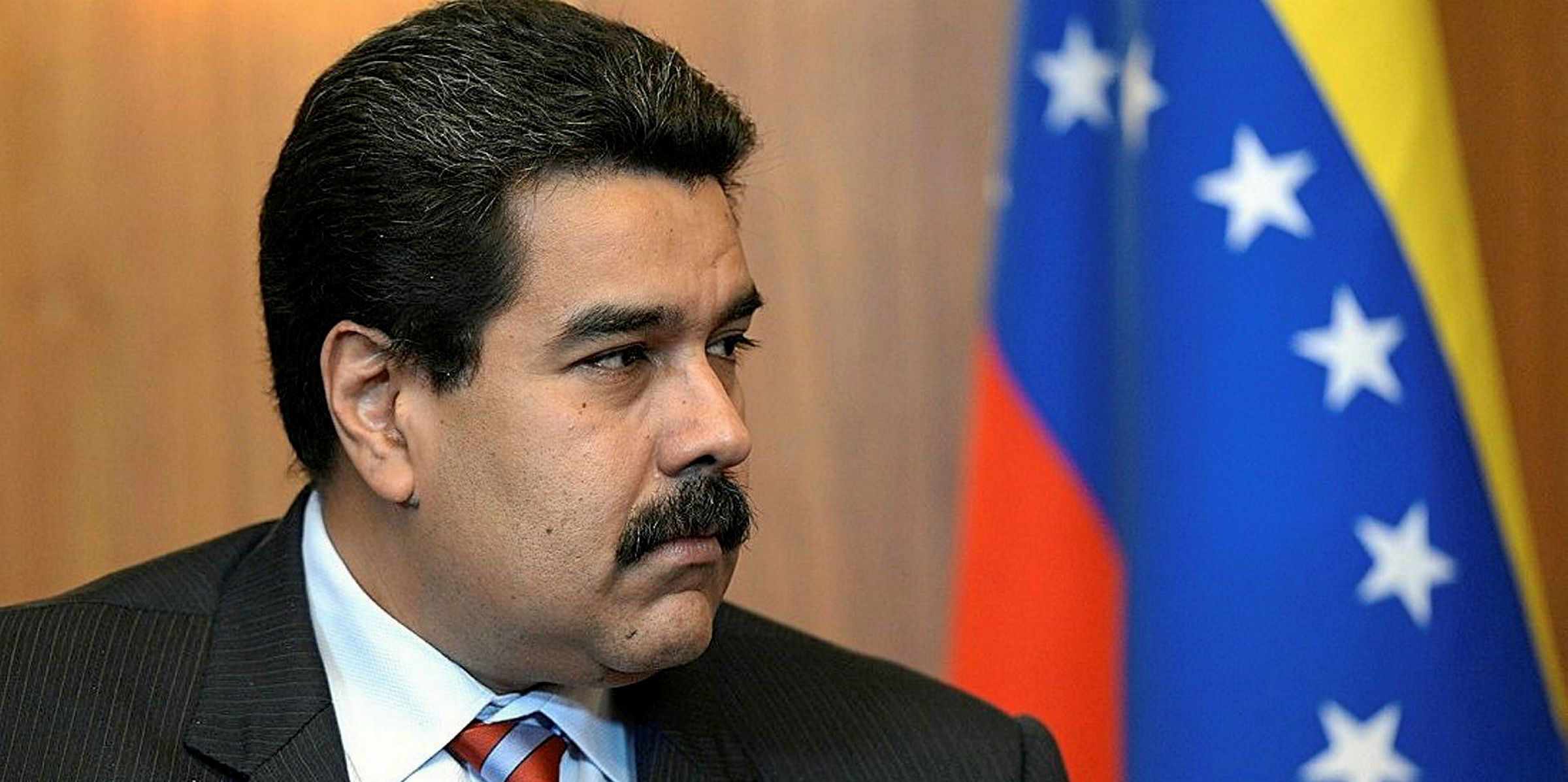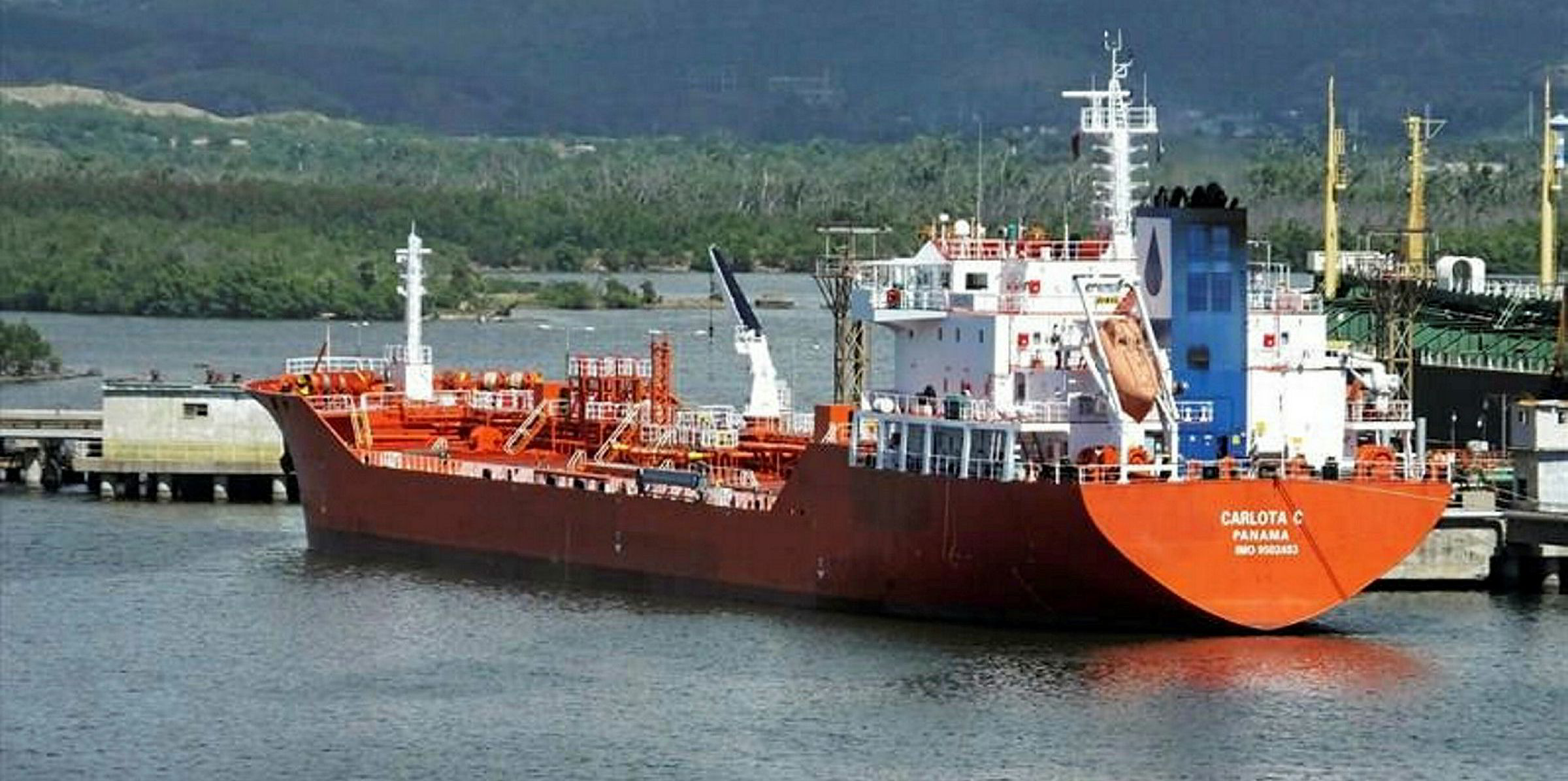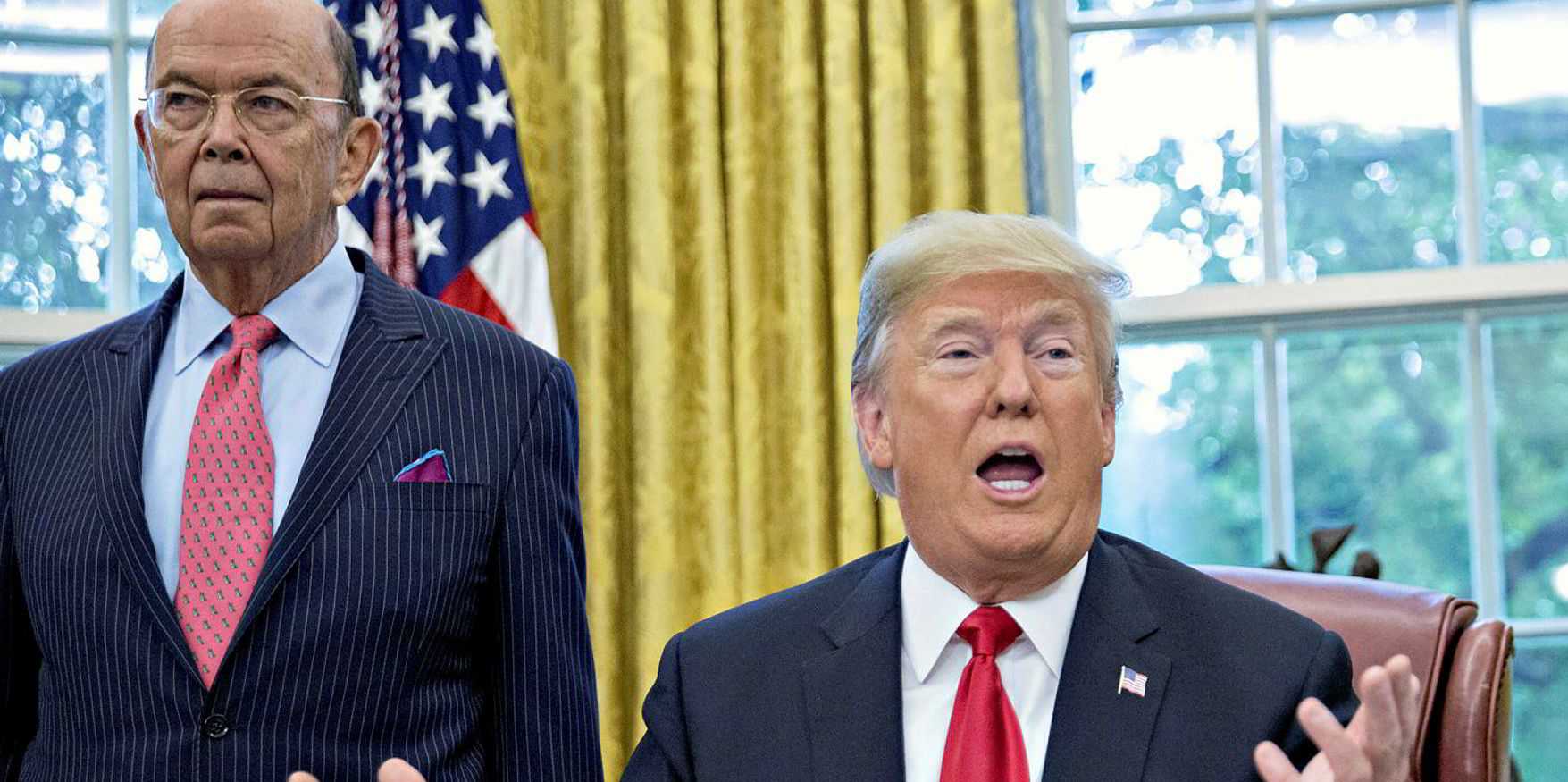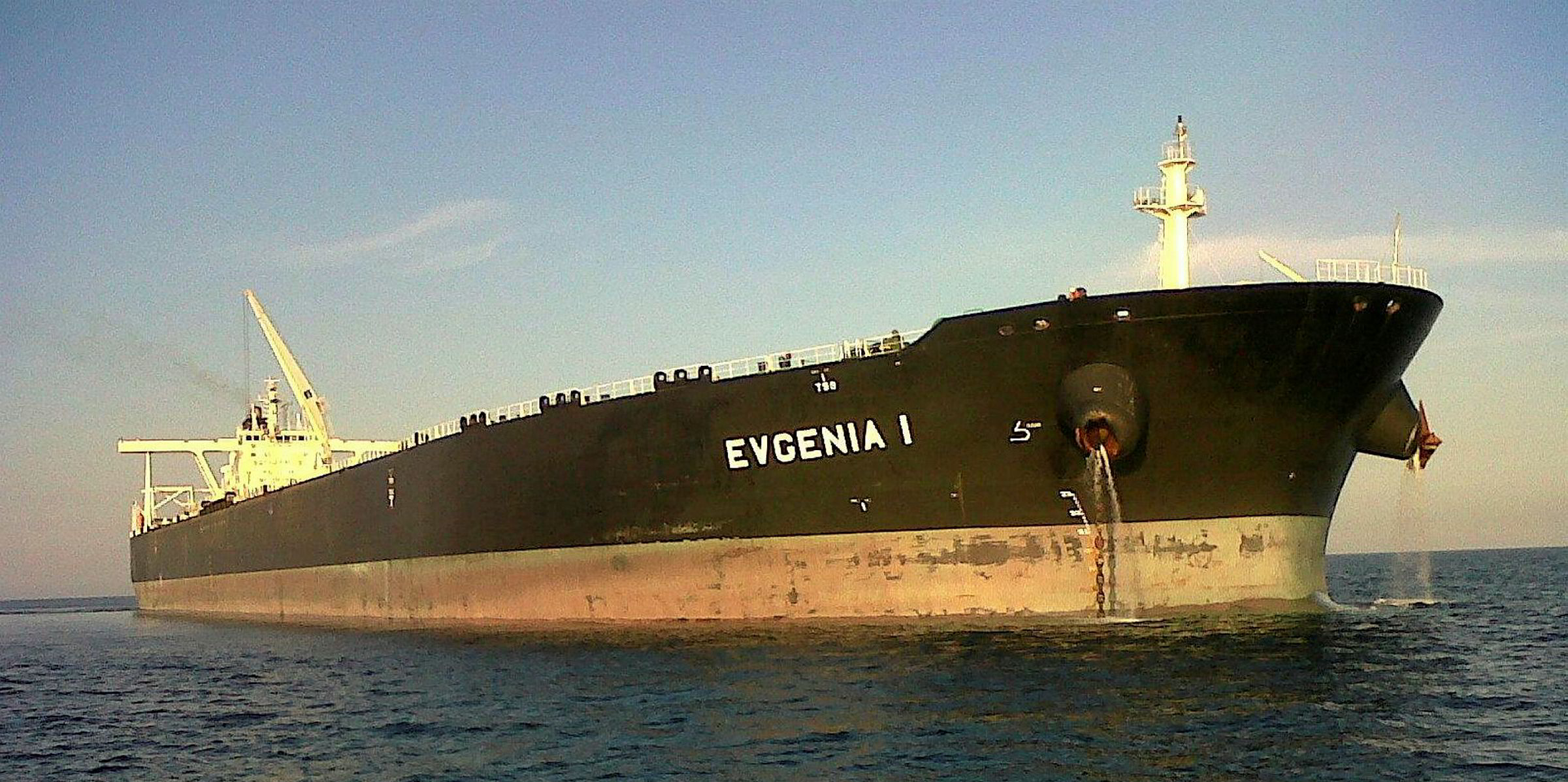A growing number of major charterers are shunning tankers that have been engaged in Venezuelan trade in recent months as the US ramps up sanctions on the Maduro regime.
Based on some charter terms TradeWinds has seen, Unipec and ExxonMobil have inserted legal wording in their freight contracts that effectively ban any tonnage linked to Venezuelan oil flows in the past year.
Those include ships that have visited Venezuela, carried oil to or from Venezuela, or been chartered to or "otherwise associated with" sanctioned Venezuelan entities.
Some industry sources suggested Phillips 66 is following suit. Reuters reported Trafigura and Equinor have also steered away from Venezuela-linked tonnage.
While Chevron is said to have adopted a similar approach, TradeWinds understands the US major does not have any explicit charter term regarding Venezuela.
Trafigura and the four oil firms did not reveal the reasons behind those charter requirements. They appear precautionary measures amid heightened sanctions risks, said a tanker source.
While imposing sanctions on the Venezuelan oil sector in January, Washington granted exemptions to those who traded with the country for various periods according to the trades they are involved in.
Since then, Washington has continued to add new Venezuelan personnel to the sanctions list while generally allowed the grace periods for earlier sanctions to expire.
Legal experts have suggested some sanctions could have extra-territorial effects even though they mainly apply to US entities.
According to statements from the US Department of the Treasury issued in the third quarter, non-US persons could be subject to sanctions “for operating within the oil sector of the Venezuelan economy”.
They could also face sanctions “for having materially assisted, sponsored, or provided financial, material, or technological support for, or goods or services to or in support of” Petroleos de Venezuela SA (PDVSA), Venezuela’s national oil company, or non-PDVSA entities linked to the government.
“Back in January, we thought there was no secondary sanctions,” Holland & Knight partner Jonathan Epstein said. “But then clearly we were wrong.”
“We are in sort of a limbo. I have advised my clients to stay out of this trade.”
ExxonMobil told TradeWinds that its policy is to comply with "all governmental laws, rules and regulations applicable to its operations within and outside the United States and to conduct those operations to the highest ethical standards."
It added: "Furthermore, ExxonMobil expects its suppliers, vendors and contractors, including ship owners and operators, to comply with laws, rules and regulations applicable to their businesses.
"ExxonMobil and its affiliates charter solely from vessel owners that are in compliance with applicable export controls and trade sanctions in order to enable effective supply chains and the efficient movement of products."
Sinopec — the parent of Unipec — did not respond to emails seeking comment, while P66 declined to talk. Equinor said it “follows all relevant sanctions” but refrained from commenting further.
Potentially major impact
If strictly enforced, those charter requirements are expected to create significant tonnage imbalance in tanker markets.
Data from VesselsValue showed 435 tankers totaling 59.4m dwt shipped crude or petroleum products from Venezuela in the year to 30 September. In the same timespan, 257 tankers with 17.3m dwt transported oil to the country.
“It appears to have had an impact on the market, especially because the market was already tight,” a tanker player said.
Some brokers said shipowners with vessels linked to Venezuelan can still find employment easily.
“Plenty of other cargoes to be fixed,” one of them said.
Trond Lillestolen contributed to the article.






